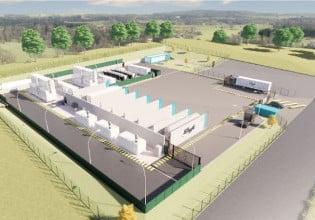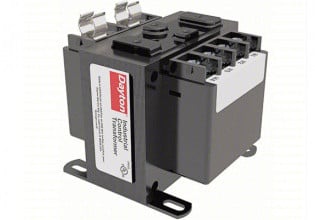Raytheon and Newcastle University to Investigate SiC Interface Defects
Raytheon UK's semiconductor business unit in Glenrothes, Scotland, has embarked on a Knowledge Transfer Partnership (KTP) project, in conjunction with researchers at Newcastle University, to enhance the performance of Silicon Carbide (SiC) electronic devices, specifically for Raytheon's own SiC CMOS process. KTPs are supported by Innovate UK, the UK's innovation agency. Raytheon UK's KTP with Newcastle University is studying, in considerable depth, the characteristics of the interface between SiC and SiO2; the region which critically impacts on the performance of a MOSFET.
Defects known as ‘traps’ in the interface between the two semiconductor materials affect the threshold voltage and maximum current that a MOSFET can handle. John Kennedy, Head of Raytheon UK’s Integrated Power Solutions, comments: “Interface defects represent a significant obstacle in the mass adoption of Silicon Carbide technology in a wide range of sectors, such as aerospace, automotive, rail and energy, in which increasingly high performance devices are required.â€
A detailed understanding of the interface behavior will enable Raytheon UK to optimize its manufacturing processes to minimize the occurrence of traps, resulting in not only higher performance devices for its own power-module devices, products and systems but also for those customers using the company’s industry-leading foundry services.
The project will publish results on the development of characterization metrics for the SiC/SiO2 interface, modelling of the impacts of defects on the observed MOSFET characterizations, short loop trials of novel oxide structures and processing, full CMOS wafer integration of the optimized oxide structures and evolutionary repetition of the process optimization and characterization to continue the development process.
Kennedy, concludes: “The study with Newcastle University is an exciting addition to our day-to-day business. Our foundry remains open to support Silicon Carbide power device development programs across the globe. Customers at any part of the product development cycle can benefit from our experience and proven ability to take SiC device designs and processes through development stages to full production.â€






